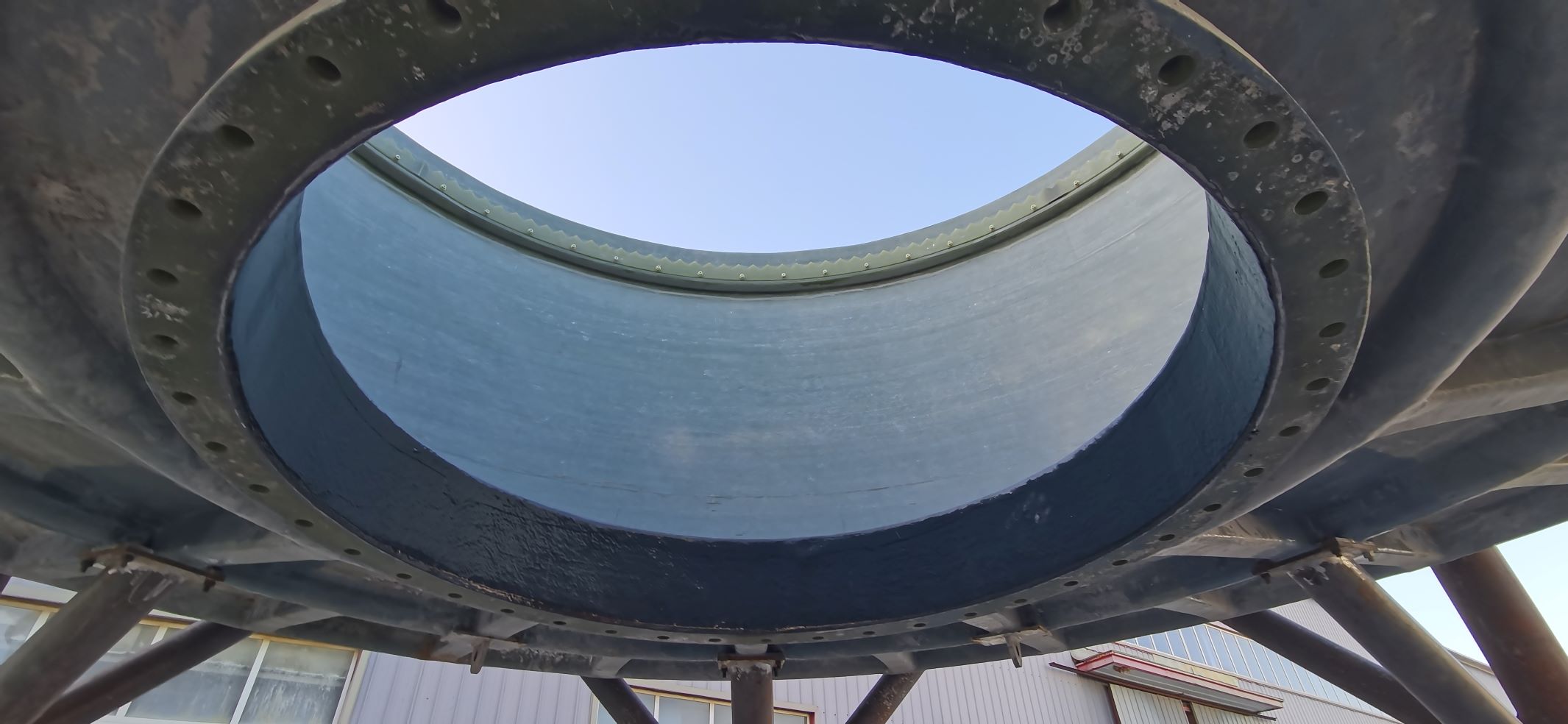
-
 Afrikaans
Afrikaans -
 Albanian
Albanian -
 Amharic
Amharic -
 Arabic
Arabic -
 Armenian
Armenian -
 Azerbaijani
Azerbaijani -
 Basque
Basque -
 Belarusian
Belarusian -
 Bengali
Bengali -
 Bosnian
Bosnian -
 Bulgarian
Bulgarian -
 Catalan
Catalan -
 Cebuano
Cebuano -
 China
China -
 China (Taiwan)
China (Taiwan) -
 Corsican
Corsican -
 Croatian
Croatian -
 Czech
Czech -
 Danish
Danish -
 Dutch
Dutch -
 English
English -
 Esperanto
Esperanto -
 Estonian
Estonian -
 Finnish
Finnish -
 French
French -
 Frisian
Frisian -
 Galician
Galician -
 Georgian
Georgian -
 German
German -
 Greek
Greek -
 Gujarati
Gujarati -
 Haitian Creole
Haitian Creole -
 hausa
hausa -
 hawaiian
hawaiian -
 Hebrew
Hebrew -
 Hindi
Hindi -
 Miao
Miao -
 Hungarian
Hungarian -
 Icelandic
Icelandic -
 igbo
igbo -
 Indonesian
Indonesian -
 irish
irish -
 Italian
Italian -
 Japanese
Japanese -
 Javanese
Javanese -
 Kannada
Kannada -
 kazakh
kazakh -
 Khmer
Khmer -
 Rwandese
Rwandese -
 Korean
Korean -
 Kurdish
Kurdish -
 Kyrgyz
Kyrgyz -
 Lao
Lao -
 Latin
Latin -
 Latvian
Latvian -
 Lithuanian
Lithuanian -
 Luxembourgish
Luxembourgish -
 Macedonian
Macedonian -
 Malgashi
Malgashi -
 Malay
Malay -
 Malayalam
Malayalam -
 Maltese
Maltese -
 Maori
Maori -
 Marathi
Marathi -
 Mongolian
Mongolian -
 Myanmar
Myanmar -
 Nepali
Nepali -
 Norwegian
Norwegian -
 Norwegian
Norwegian -
 Occitan
Occitan -
 Pashto
Pashto -
 Persian
Persian -
 Polish
Polish -
 Portuguese
Portuguese -
 Punjabi
Punjabi -
 Romanian
Romanian -
 Russian
Russian -
 Samoan
Samoan -
 Scottish Gaelic
Scottish Gaelic -
 Serbian
Serbian -
 Sesotho
Sesotho -
 Shona
Shona -
 Sindhi
Sindhi -
 Sinhala
Sinhala -
 Slovak
Slovak -
 Slovenian
Slovenian -
 Somali
Somali -
 Spanish
Spanish -
 Sundanese
Sundanese -
 Swahili
Swahili -
 Swedish
Swedish -
 Tagalog
Tagalog -
 Tajik
Tajik -
 Tamil
Tamil -
 Tatar
Tatar -
 Telugu
Telugu -
 Thai
Thai -
 Turkish
Turkish -
 Turkmen
Turkmen -
 Ukrainian
Ukrainian -
 Urdu
Urdu -
 Uighur
Uighur -
 Uzbek
Uzbek -
 Vietnamese
Vietnamese -
 Welsh
Welsh -
 Bantu
Bantu -
 Yiddish
Yiddish -
 Yoruba
Yoruba -
 Zulu
Zulu
'corrosion-resistant fiberglass for enduring durability.'
Corrosion-Resistant Fiberglass for Enduring Durability
In an era where environmental challenges and industrial demands are on the rise, the need for materials that offer both durability and resistance to harsh conditions has become paramount. Among the innovative solutions is corrosion-resistant fiberglass, a material that has revolutionized various industries by providing lasting performance and reduced maintenance costs.
Fiberglass, a composite material made of glass fibers and resin, is renowned for its lightweight and structural strength. However, it is the corrosion-resistant version that truly stands apart. By incorporating specialized resin formulations and additives, manufacturers can produce fiberglass that withstands exposure to corrosive elements such as chemicals, saltwater, and acidic environments. This makes it an ideal choice for applications in industries ranging from marine and wastewater treatment to chemical processing and construction.
One of the standout features of corrosion-resistant fiberglass is its ability to maintain integrity even under extreme conditions. Traditional materials like metal and untreated wood often succumb to rust, rot, or degradation, leading to increased operational costs and safety concerns. In contrast, fiberglass does not rust, corrode, or degrade when exposed to moisture or harsh chemicals. This inherent resistance significantly extends the lifespan of structures and components, minimizing the need for regular replacements and repairs.
'corrosion-resistant fiberglass for enduring durability.'

Moreover, corrosion-resistant fiberglass is environmentally friendly. As industries increasingly prioritize sustainability, the longevity of fiberglass reduces material waste and lowers the carbon footprint associated with production and disposal. Additionally, the ability to formulate fiberglass with recyclable resins enhances its appeal in eco-conscious markets.
The versatility of corrosion-resistant fiberglass is also worth highlighting. It can be molded into complex shapes, making it suitable for a wide range of applications, from piping and tanks to structural panels and components in vehicles. This adaptability allows engineers and designers to innovate with confidence, knowing that they are selecting a material that will stand the test of time.
In conclusion, corrosion-resistant fiberglass represents a significant advancement in material science. Its unique properties offer enduring durability, reduced maintenance, and an eco-friendly profile, making it a smart choice for industries that face the challenges of corrosive environments. As technology continues to evolve, the potential for fiberglass applications will only expand, paving the way for enhanced performance and sustainability across various sectors.









